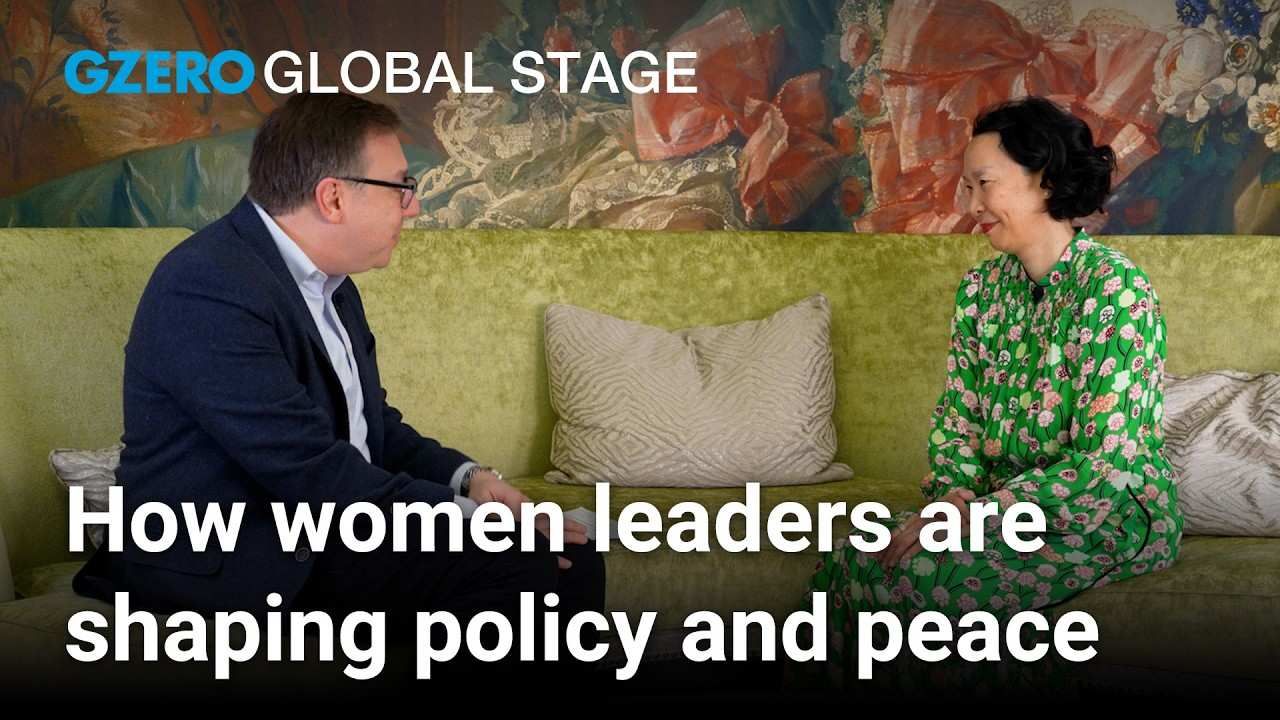News
October 05, 2018
1/3: Just one third of India’s 1.3 billion people has health insurance, and Prime Minister Narendra Modi’s government has now launched a plan called Ayushman Bharat (Long-Life India) to extend coverage to hundreds of millions more. Under the plan, needy families will receive nearly $7,000 a year in hospital expenses before they pay a penny. As in other countries, implementation will prove an enormous bureaucratic challenge.
3: This week, Canada’s Dr. Donna Strickland, a pioneer in laser research, became just the third woman to win the Nobel Prize for Physics following Marie Curie in 1903 and Maria Goeppert-Mayer in 1963. Strickland shared the prize with two men. It was a nice way to end a week that began with a speechin which Pisa University’s Professor Alessandro Strumia explained to a group of mainly female physicists that “physics was invented and built by men” and that women succeed in the field only with the benefit of special treatment.
4: Dutch officials, with British support, have disrupted a cyber-attack by Russian military intelligence on the Organization for the Prohibition of Chemical Weapons, according to the Dutch defence ministry. We also learned this week that four Russian intelligence officials were expelled from the Netherlands after being caught spying on the chemical weapons body in April. Russia has denounced the hacking accusations as “big fantasies.”
70: In Indonesia, a country of 260 million people with one of the world’s highest rates of public use of Facebook and Twitter, the government has assigned 70 people to monitor social networks for “hoax news.” The primary motivation for this move was to protect the integrity of next April’s presidential election against false stories meant to exacerbate religious and ethnic tensions. But the need for monitoring became more obvious this week with a series of fake scare stories following a devastating earthquake.
More For You

- YouTube
On the sidelines of the 2026 Munich Security Conference, Annemarie Hou, Executive Director of the United Nations Office of Partnerships, joined Tony Maciulis to discuss the power of women leaders in global decision-making.
Most Popular
- YouTube
Alina Polyakova, President and CEO of the Center for European Policy Analysis, warns that NATO faces a defining moment.
From the sidelines of the 62nd Munich Security Conference in Munich, Polyakova told GZERO's Tony Maciulis that the Arctic has become “an arena of incredible global competition,” with Russia and China expanding their ambitions. While President Trump’s focus reflects “the right instincts” on security, she argues allies must strike a mutual deal to secure the region together.
- YouTube
Ian Bremmer breaks down how Trump’s second term is reshaping American power — and what it means for the global order.
© 2025 GZERO Media. All Rights Reserved | A Eurasia Group media company.